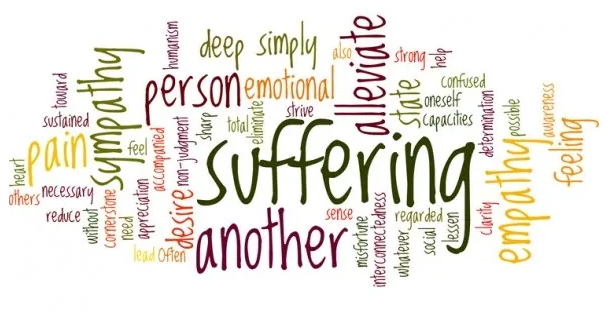 |
| Google images 2023 |
by Rosabel Zohfeld, APRN, FNP-C
As the holiday season descends, the air is filled with festive melodies, twinkling lights, and the promise of joyous gatherings. However, amid the festivities and the whirlwind of holiday preparations, many find themselves grappling with stress, anxiety, and the pressure to create the perfect celebration. Amid this chaos, it's essential to recognize the potential benefits of tension, particularly eustress, and how it can enhance our holiday experience.
Eustress, often called "positive stress," arises from exhilarating experiences, challenging tasks, and situations that motivate and invigorate us. Unlike distress, a negative form of stress that can harm our well-being, eustress can be a powerful force for personal growth, resilience, and happiness.
With its unique blend of excitement, The Holiday season offers an opportunity to harness the positive aspects of stress. Instead of succumbing to the pressures of creating a flawless celebration, we can reframe our mindset and view the challenges as opportunities for growth and connection.
One of the primary sources of eustress during the holidays is the act of gift-giving. The process of selecting thoughtful presents, anticipating the recipient's joy, and the joyous exchange of gifts can create a positive stress that enhances our emotional well-being. Rather than viewing gift-giving as a burdensome task, consider it a chance to express love, appreciation, and gratitude.
Moreover, the social aspects of the holiday season can provide ample opportunities for stress. Hosting gatherings, planning festive activities, and connecting with loved ones may introduce positive stress that fosters a sense of accomplishment and fulfillment. These experiences create cherished memories and contribute to the development of resilience and adaptability in the face of challenges.
Embracing eustress also involves setting realistic expectations for ourselves and others. The pressure to create a perfect holiday experience, fueled by societal standards and social media, can lead to overwhelming distress. Instead, focusing on the moment's joy, the warmth of relationships, and the season's simple pleasures can transform stress into a positive force.
While the holiday season can undoubtedly be demanding, viewing stress through the lens of eustress can help us navigate the challenges with resilience and a positive mindset. By recognizing the growth opportunities inherent in holiday stress, we can transform this season into a time of personal development, deeper connections, and lasting joy.
So, as you embark on the festive journey ahead, embrace the eustress that comes your way. Let it catalyze a holiday season filled with merriment, personal growth, meaningful connections, and genuine well-being. After all, it's not about pursuing perfection but celebrating the imperfect, beautiful moments that make the holiday season unique.












